Muon imaging provides non-invasive scanning possibilities using cosmic ray particles, ensuring accuracy and reliability in critical applications.






Advanced muon tomography systems utilize cosmic ray particles to provide detailed and accurate imaging of complex structures, exposing previously unseen details within various materials.
A user-friendly interface optimized for seamless data management and operational efficiency.
High-resolution 3D imaging for voids, density variations, and internal defects detection.
We provide expert guidance and advanced technological solutions across diverse sectors, delivering tailored support to meet each sector’s unique needs.
For detecting contraband, verifying shielded containers, and enhancing security protocols.
Muon imaging for scanning the hidden integrity of critical infrastructure like storage sites, pipelines, bridges, tunnels, dams.
For space missions material analysis, cosmic radiation studies, and infrastructure verification.
Advanced muon tomography for non-invasive exploration and preservation of cultural and historical sites.
Structural integrity assessments and subsurface imaging using muon imaging technology.
Real-time muon tomography for monitoring and verifying nuclear waste storage and containment.

An astrophysicist, entrepreneur, and visionary leader who seamlessly bridges the scientific and business communities. Dr. Zabari specializes in nuclear astrophysics, focusing on high-density nuclear matter (weak interactions, equation of state, neutron stars), cosmic radiation (secondary CR, LECRs, UHECR), astrodynamics and orbital mechanics, and downstream space technologies. She is one of Poland’s pioneering space tech creators through her work with the Space Tech Cluster and collaborations with ESA and POLSA. Recognized as a Strong Woman in IT, and received the Kazimiera Bujwidowa Award as well as the title of Businesswoman of the Year in the Leader in New Technologies category.

An expert in data analysis and computational physics, with experience analyzing large datasets, developing simulations, and working with detection systems. Proficient in C++, ROOT, and high-performance computing, she applies her programming skills to solve problems in both industry and research. Her leadership supports the company’s technological strategy and drives innovation. She has worked at the University of Bristol and the University of Lancaster in the UK, where she assisted teams in data processing, algorithm optimization, and enhancing imaging techniques using muon scattering tomography.

Expert in CX strategy, UX design, project coordination, data analysis, and market research. Specializes in designing and implementing impactful customer experience strategies that create seamless, user-centered experiences. Focused on driving business success through innovative solutions that align with customer needs, ensuring satisfaction and fostering long-term loyalty. With a holistic approach, integrates design, data, and strategic insights to deliver exceptional and results-oriented experiences.

Harald Fox specializes in Muon Tomography for high-resolution scanning of both large and small objects, with a focus on improving image resolution and accuracy. An expert in particle physics, his work is centered on the Higgs boson, particularly its decay into tau leptons and its CP properties. A member of the ATLAS collaboration since 2004, Harald contributed to the discovery of a new boson in 2012.
His research includes the development of the silicon tracker for ATLAS, working on radiation-hard silicon for future detector upgrades, and investigating cooling solutions for silicon staves. Harald is also studying di-Higgs production as a potential indication of new physics.

Jeff Hartnell, specializing in neutrino physics and radiation detector technology, was recognized with the Institute of Physics HEPP Group Prize in 2013 for significant contributions to particle physics. Currently, co-spokesperson of the CLOUD neutrino experiment, utilizing cutting-edge opaque scintillator detector technology since 2023. Elected as a Fellow of the Institute of Physics in 2017, he was the principal investigator for the European Research Council grant “AntineutrinoNOvA” (2012-2018). He served as analysis co-coordinator for the NOvA neutrino experiment at Fermilab (2019-2022), former Chair of the NOvA Institutional Board, and co-convenor of the muon (anti)neutrino disappearance analysis group (2015-2019).

Jaap Velthuis’s core research focuses on detector development for future particle physics experiments and their spin-offs, primarily in the fields of nuclear waste management, radiation measurements, radiotherapy, and homeland security. He concentrates on the design, development, and characterization of novel radiation detectors, the accompanying data analysis and the study of radiation damage effects in detectors and electronics. As Business Fellow and Impact Director, he aims to stimulate collaborations with industry, policy makers and the general public to support a culture of collaboration between Bristol academics and the wider world.
Our experts are available to offer tailored consultations to support your organization.